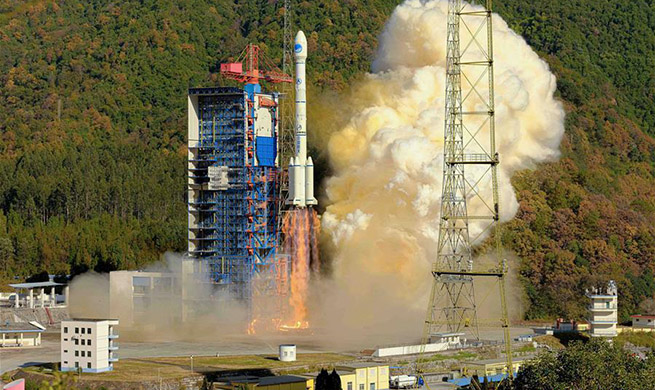LOS ANGELES, Dec. 12 (Xinhua) -- Researchers in the United States have developed new computational and experimental tools to identify microbial small molecules encoded in clinical samples, allowing scientists to explore microbial-host interactions and to mine the human microbiome for drug discovery, according to a release of Princeton University on Thursday.
The new study by Princeton researcher Mohamed Donia and colleagues, which is to be published in the journal Science on Friday, gives scientists new tools to explore and understand the human microbiome.
The approach employed by Donia and his colleagues begins by identifying genes essential for the synthesis of a particular molecule or chemical of interest, then using computational algorithms to sort through metagenomic data for similar genetic sequences, and group these sequence fragments together.
They assess the prevalence of each group in the human population, and use the grouped sequences to piece together full-length biosynthetic gene clusters (BGCs). This approach allows identification of novel BGCs even if they are extremely rare, according to the study.
"Our long-term goal is to define the chemical space of the human microbiome," said Donia, assistant professor in the Princeton Department of Molecular Biology.
With this technology, it is now possible to mine microbiomes for drug discovery or novel biological interactions, according to the study.

















